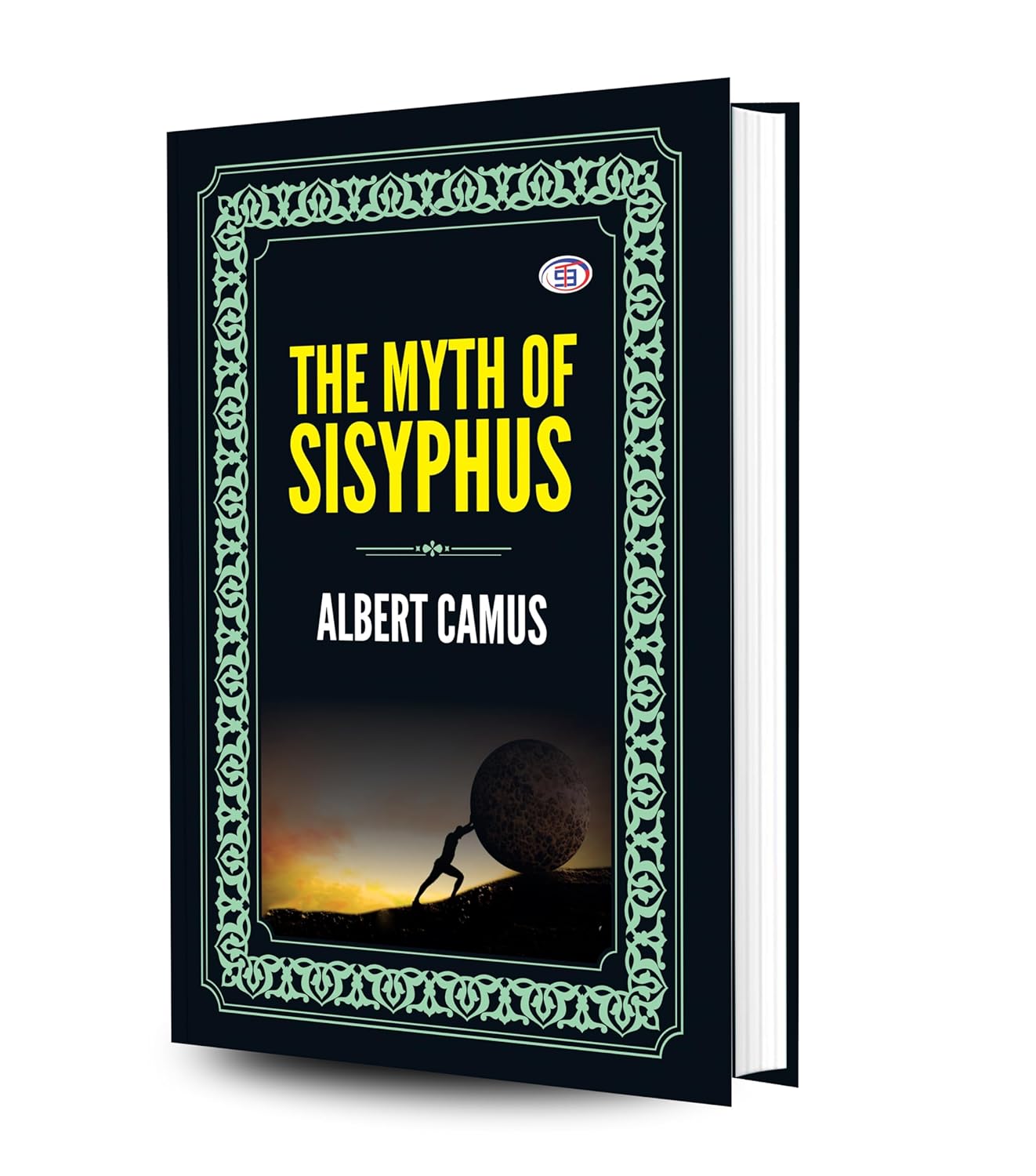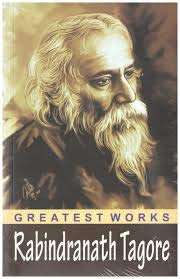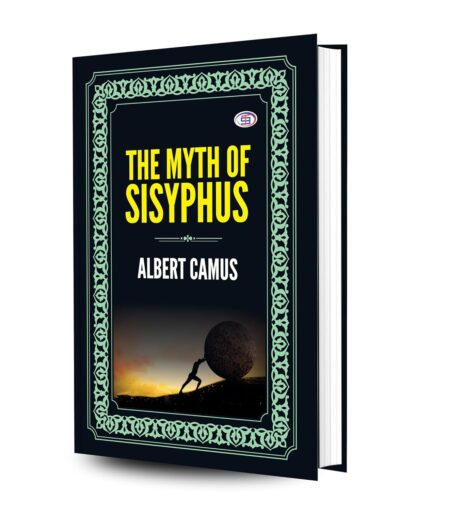Description
“The Myth of Sisyphus” is a philosophical essay by Albert Camus that explores the themes of absurdity, meaning, and the human condition. In this seminal work, Camus delves into the existential dilemma of existence and the search for meaning in a seemingly indifferent universe.
Set against the backdrop of existentialism and absurdism, “The Myth of Sisyphus” examines the story of Sisyphus, a figure from Greek mythology condemned to roll a boulder up a hill for eternity, only to have it roll back down each time he reaches the top. Camus uses Sisyphus as a metaphor for the human condition, arguing that life is inherently meaningless and absurd, yet it is up to each individual to find their own purpose and create meaning in the face of this absurdity.
Through thought-provoking prose and philosophical inquiry, Camus challenges readers to confront the absurdity of existence and embrace the freedom to create their own meaning in life. He argues that even in the face of inevitable suffering and futility, one can find happiness and fulfillment by embracing the absurdity of life and living authentically in the present moment.
“The Myth of Sisyphus” is a profound exploration of the human experience that continues to resonate with readers around the world. Whether you’re grappling with questions of existence, searching for meaning in life, or simply seeking a deeper understanding of the human condition, this timeless essay offers invaluable insights and philosophical wisdom to ponder and reflect upon.













1 review for Buy The Myth of Sisyphus by Albert Camus (hardcover)
There are no reviews yet.